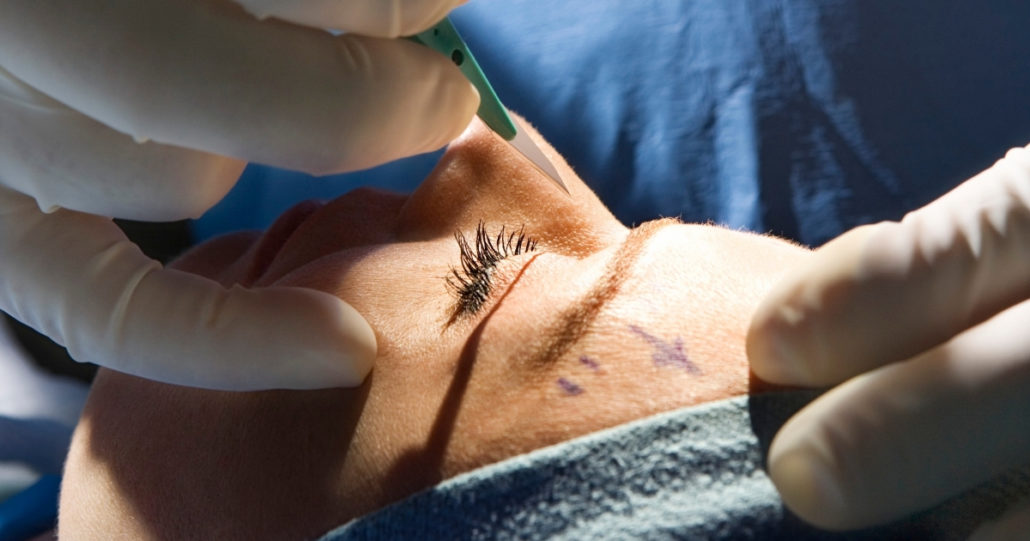Briefly put, YES.
In Australia, there is a significant difference between the practice of plastics and cosmetic surgery, and between plastic surgeons and cosmetic surgeons.
All Australians seeking cosmetic surgery should be informed of the difference between specialist plastic surgeons and cosmetic surgeons and the differing standards and level of treatment of the two prior to undergoing any cosmetic procedures.
KEY TAKEAWAYS
What is the difference between plastic and cosmetic surgeons?
The difference between plastic and cosmetic surgeons in Australia comes down to three core elements: -
- Training
- Technical expertise and surgical expertise
- Qualification recognition by the medical boards in Australia
Plastic Surgeons & Plastic Surgery
In Australia, Plastic surgery is recognised as a field of speciality by the medical boards in Australia.
This means, to have a title of “plastic surgeon”, the surgeon would have undertaken 12 years of medical training, including five (5) years of surgical training, and be admitted to the medical board of Australia as a Fellow in plastic surgery.
Once accredited as a “plastic surgeon” the surgeon must undertake mandatory ongoing training and development throughout their career to ensure best practice.
Plastic surgeons are specialists who often undertake plastic and cosmetic surgery in hospital or private clinical settings, all of which are regulated and subject to strict health and safety, and sterilisation and Infection control protocols.
Cosmetic Surgeon
“Cosmetic Surgery” is not a field of speciality in Australia.
Generally, cosmetic procedures can be undertaken by medical practitioners such as Doctors and Registered Nurses.
While there is a two year cosmetic surgery program which can be undertaken by medical practitioners, this program is NOT accredited by the Medical boards in Australia.
Undertaking this program does not make a practitioner a specialist. This program is also NOT mandatory to perform cosmetic procedures.
This means cosmetic surgery and cosmetic procedures can be undertaken by doctors with a medical degree and nurses with a three year nursing degree.
There is significant difference between the skills, experience and expertise of a plastic surgeon and a practitioner undertaking cosmetic procedures.
Further, cosmetic procedures are often undertaken in private practice such as cosmetic clinics and clinics in shopping malls.
These clinics are not subject to the same health and safety and infection protocols and standards as hospitals or private specialist clinics.
Risks of cosmetic procedures undertaken by non-specialists
There are a number of risks of cosmetic procedures when undertaken in private practice by practitioners: -
- Increased risk of infection
- Scarring
- Nerve damage
- Non-aesthetic outcome and dissatisfaction
- Disfigurement
- Implant rejection
as cosmetic procedures in private practice in Australia are not regulated.
Noting that there are reasons for regulating treatment that involves your largest body organ.
Therefore, it is important for anyone contemplating undergoing a cosmetic procedure to be fully informed of the procedure, and of the skills, training and qualification of the practitioner undertaking the procedure.
THings to consider before undergoing a cosmetic procedure:
NOTE: Many “cosmetic surgeons” misrepresent themselves as specialists as they have undergone the additional two year training course, which is simply incorrect and may constitute fraudulent behaviour.
If following a cosmetic procedure a patient is unhappy with the outcome and has suffered ongoing injury, loss, and damage, they may be able to bring a medical negligence claim against the practitioner and obtain compensation for their injuries.
To learn more about damages in medical negligence claims, see our book on calculating damages here:
One download between you and your key to compensation...
Want to fast track the process with our free interactive workbook?
Medical Law © 2020 Privacy & Disclaimer




